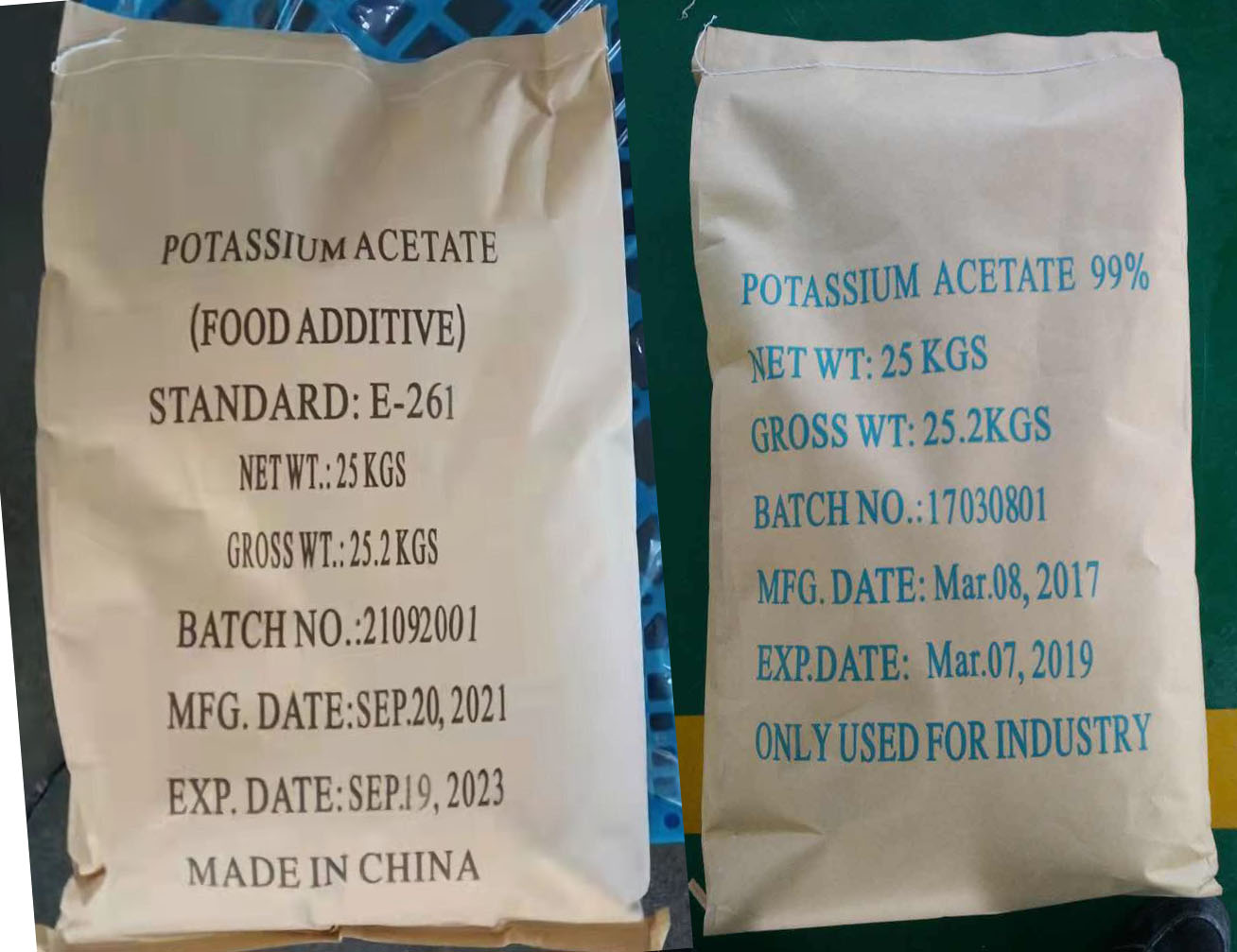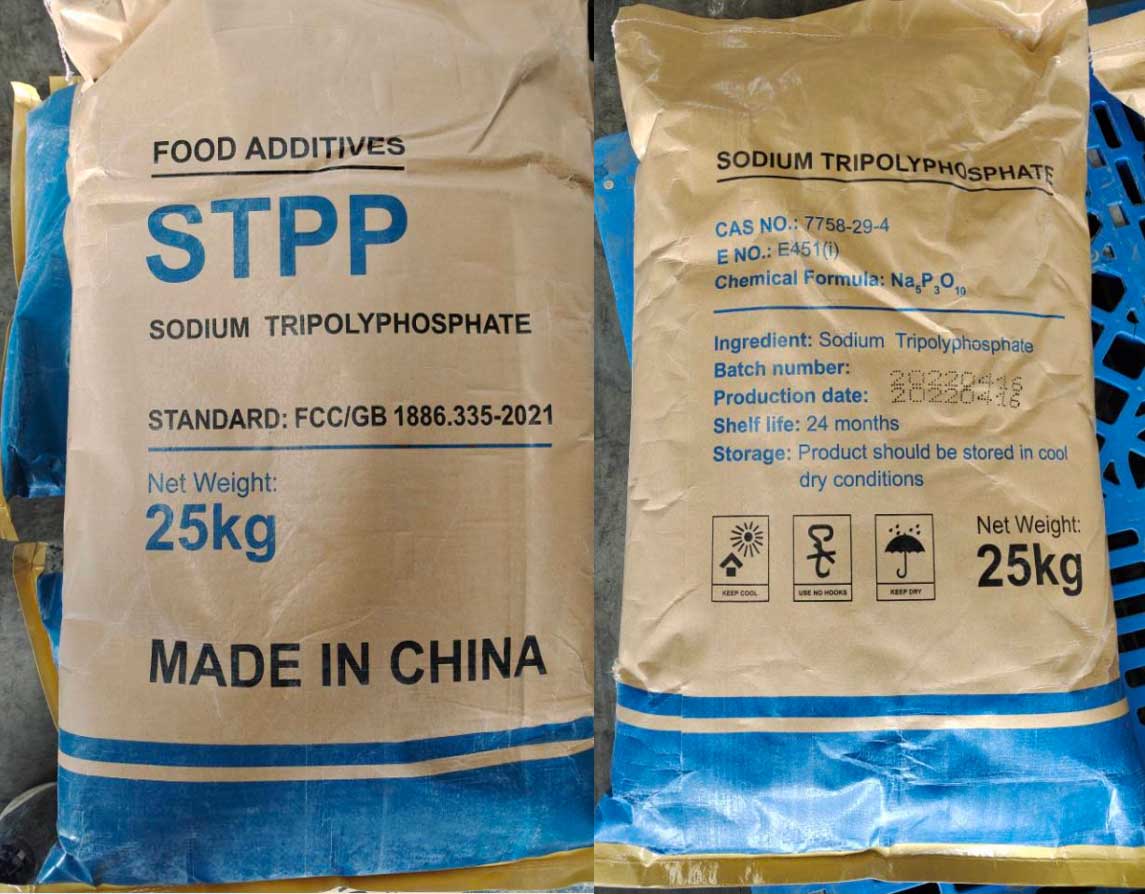Introduction:
Phosphates, a group of chemical compounds containing phosphorus, play a vital role in the food industry. These multifunctional additives serve various purposes, contributing to the quality, safety, and appeal of a wide range of food products. In this article, we will explore the applications of phosphates in the food industry and the reasons behind their widespread use.
pH Regulation and Buffering:
Phosphates act as pH regulators and buffers in food processing. They help maintain the desired acidity or alkalinity in a variety of products, including dairy, meat, and bakery items. The ability to control pH is crucial for achieving the desired texture, flavor, and appearance of many processed foods.
Water Retention and Moisture Control:
In meat and poultry products, phosphates are employed to enhance water retention. This results in improved juiciness, tenderness, and overall palatability of the final product. The ability of phosphates to bind water molecules also contributes to the prevention of dehydration during storage and transportation.
Emulsification and Stabilization:
Phosphates are widely utilized as emulsifying agents and stabilizers in food emulsions, such as salad dressings and mayonnaise. They help create a stable and uniform mixture of immiscible liquids, preventing separation and providing a consistent texture.
Anti-Oxidative Properties:
Phosphates function as antioxidants, aiding in the preservation of food products by inhibiting oxidation. This is particularly important in preventing the rancidity of fats and oils in processed foods, extending the shelf life and maintaining the product's sensory qualities.
Improving Texture in Baked Goods:
In the baking industry, phosphates contribute to the texture and structure of products like bread, cakes, and pastries. They act as leavening agents, facilitating the release of carbon dioxide gas during baking, which helps the dough rise and results in a light and airy texture.
Cheese Manufacturing:
Phosphates find applications in the cheese-making process, where they contribute to the texture, melting properties, and overall quality of the final product. They play a role in controlling the calcium content, influencing the consistency and stretchiness of the cheese.
Regulation of Mineral Content:
Phosphates are essential for regulating the mineral content in various foods, especially in dairy products. They contribute to the stability and texture of dairy items while ensuring proper calcium dispersion, which is crucial for bone health.
Conclusion:
In conclusion, phosphates are indispensable additives in the food industry, serving a multitude of functions that contribute to the quality, safety, and appeal of a diverse array of processed foods. While their applications are broad and varied, it is essential for the industry to strike a balance, considering both the functional benefits and potential health implications. As the food industry continues to evolve, ongoing research and advancements in food science will further refine the use of phosphates, ensuring their responsible and effective application in creating high-quality food products.




